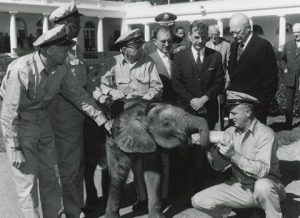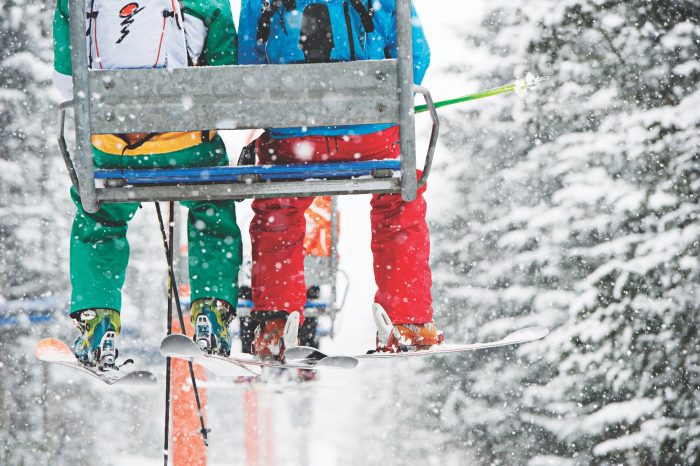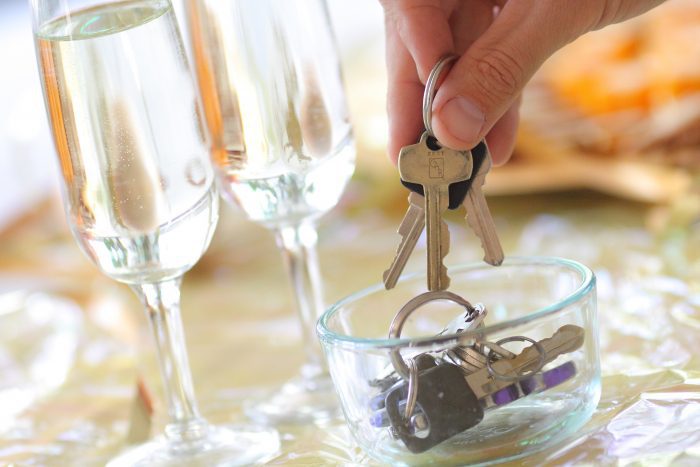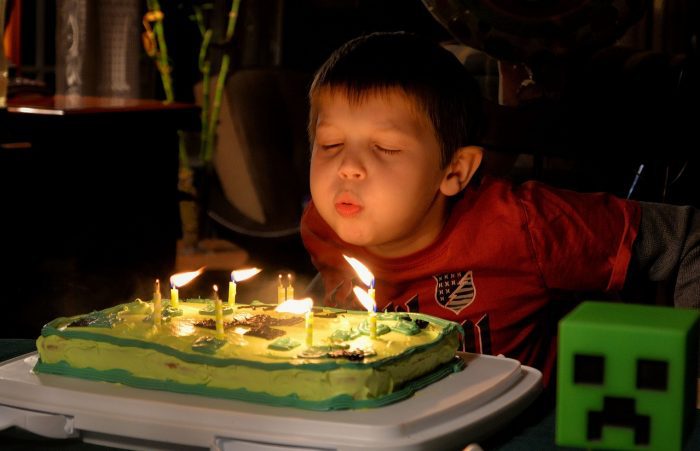By Daniel Dunaief

Here we are, teetering on the precipice of the transition from Joseph Biden back to Donald Trump at the White House.
What better time than now to ponder some random facts, such as birth order, about the presidency? I used a Potus Presidential Facts website that included siblings and half-siblings for the first part of this column and a host of other websites, including Wikipedia for the second part.
For starters, none of the men (it’s a men’s only club so far) who were the commander in chief were only children. Three presidents, meanwhile, had only one sibling. That list includes Calvin Coolidge, Franklin D. Roosevelt and Ronald Reagan.
Now, I figured that more presidents were first children than subsequent children, in part because first children often rule the roost, as primogeniture would suggest. But I was wrong.
Yes, first children are well represented, as 11 presidents were the oldest in their families.
First born children who would go on to become president started with John Adams and James Madison and included Lyndon Baines Johnson, Gerald Ford, Jimmy Carter, George W. Bush (43) and the soon-to be ex-president Joseph Biden, among others.
Second children, however, constituted the greatest number of presidents. After a lifetime of being described as number two, I now realize what a compliment such a designation is, at least in terms of presidential history, where number two is number one.
Starting with James Monroe, that list includes such luminaries as Abraham Lincoln, Theodore Roosevelt, Franklin D. Roosevelt, Harry Truman, John F. Kennedy and, well, Richard Nixon. Okay, so, Nixon didn’t exactly cover himself in glory, resigning in disgrace after the Watergate Scandal, but he doesn’t bring all second children down.
First and second children constitute 56 percent of the presidents.
Going to the presidents who had numerous older siblings, the three presidents who were born seventh all shared the same first name: William. The seventh born commanders in chief were William Henry Harrison, William McKinley and William Howard Taft. If history is any guide, that means a seventh born William, assuming somehow your parents didn’t choose the name for any of your older siblings, has a path to the presidency.
Four presidents were born sixth, starting with George Washington. Joining the first president in the number six club are Martin Van Buren, John Tyler and Franklin Pierce.
The fifth born list only has three entrants: James Garfield, Chester A. Arthur and Grover Cleveland, who shares the distinction of being the only president elected in two non-consecutive terms with Trump.
Fourth born presidents also have three members, starting with Zachary Taylor, continuing with Rutherford B. Hayes and going to Trump.
And, finally, seven presidents were born third in their families. The list started with Thomas Jefferson and included Andrew Jackson, Andrew Johnson, Woodrow Wilson, Dwight D. Eisenhower, Bill Clinton and Barack Obama.
Now, seven presidents were the youngest child, including Herbert Hoover, Ronald Reagan, Andrew Jackson, Andrew Johnson, Rutherford B. Hayes, James A. Garfield and William Henry Harrison.
On average, presidents had a little over five siblings. Biden had three siblings and Trump had four, making him the penultimate child.
James Madison, who served as the fourth president, had the most siblings, at 11.
While similar lists for first ladies are harder to find (at least for me), I did find some interesting factoids about a few first ladies.
During the war of 1812, Dolley Madison, whose first name originally had an “e” then didn’t in historical records and then did again as of 1958, rescued artifacts from the White House before the British burned it down. Frances Cleveland, meanwhile, was the youngest first lady and the only one who got married in the White House. At 21, she wed 49-year old Grover Cleveland.
Helen Taft was the first to ride with her husband in the inaugural parade and the first to ensure staff were treated equally in the White House. She planted the first of 3,000 cherry trees Tokyo had sent as a gift, helping to establish cherry trees as a staple along the Potomac river.
As for pets, Trump, James K. Polk and Andrew Johnson were the only White House occupants who didn’t have pets, according to Wikipedia. I’m guessing that some of the Secret Service members bitten by Biden’s dog Commander would have preferred that the incumbent didn’t own a canine.
 Teddy Roosevelt had numerous pets when he was president, including snakes, dogs, cats, a badger, birds, and guinea pigs.
Teddy Roosevelt had numerous pets when he was president, including snakes, dogs, cats, a badger, birds, and guinea pigs.
Numerous presidents received larger animals that they sent elsewhere. Eisenhower, for example, received a baby Forest Elephant from the French Community of African Republics that he shipped to the National Zoo.














